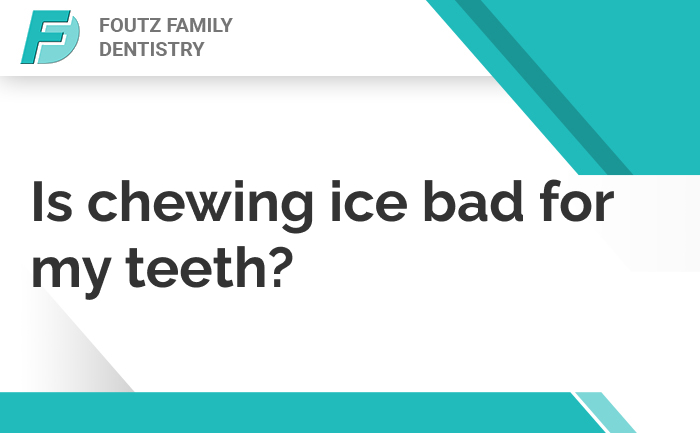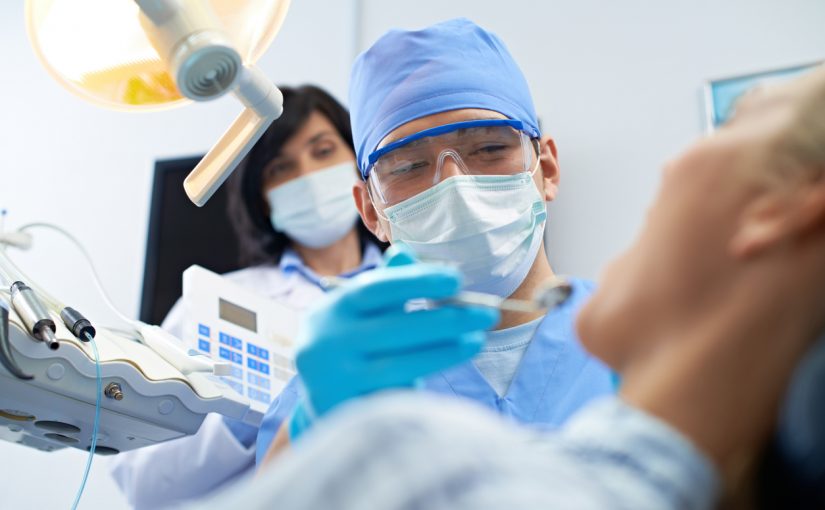Picture this: You’ve just finished a cold drink, and now there’s a tempting pile of ice at the bottom of your glass. You crunch away, thinking it’s harmless fun. But is it? Chewing ice might seem harmless, but your teeth would beg to differ. Here’s the scoop on why chewing ice is bad for your pearly whites—and what you can do to break the habit.
The Cold, Hard Truth About Chewing Ice
Ice is a silent troublemaker when it comes to dental health. It’s hard, cold, and unforgiving, which makes it a triple threat to your teeth. Here’s why it’s bad news:
- Tooth Damage: Your teeth are firm but not invincible. The extreme hardness of ice can chip, crack, or even break your teeth, especially if they already have fillings or other restorations.
- Enamel Erosion: Your enamel is the protective shield of your teeth. Chewing ice wears it down, leaving your teeth vulnerable to sensitivity, cavities, and discoloration.
- Gum Irritation: Sharp edges of ice can irritate or even injure your gums, leading to discomfort or inflammation.
- Jaw Stress: Constantly crunching on ice puts extra strain on your jaw muscles and joints, which can contribute to jaw pain or temporomandibular joint (TMJ) disorders.
Why Do People Chew Ice?
Believe it or not, chewing ice isn’t always a quirky habit. Some people might crave ice due to an underlying condition called pica, a disorder where individuals feel compelled to chew on non-food items. In many cases, ice-chewing can be linked to iron deficiency anemia. If you constantly crave ice, it might be time to chat with your doctor.
How to Kick the Ice-Crunching Habit
Breaking the ice-chewing habit can save your teeth and keep your smile looking its best. Here are some tips to help you ditch the crunch:
- Sip Instead of Chew: Let the ice melt in your mouth for a refreshing sip of cold water instead of biting down on it.
- Switch to Softer Alternatives: If you love the texture, try chewing sugar-free gum or munching on crunchy fruits and veggies like carrots or apples.
- Address the Craving: If your ice habit is tied to an iron deficiency, your doctor may recommend supplements or dietary changes to get your levels back on track.
- Stay Hydrated: Sometimes, ice-chewing is just a sign that you’re thirsty. Drink plenty of water throughout the day to curb the urge.
What to Do If You’ve Damaged Your Teeth
If your ice-chewing habit has already caused damage, don’t panic—your dentist is here to help. Cracks, chips, or tooth sensitivity can often be repaired with fillings, crowns, or other restorative treatments. Regular dental check-ups are key to catching and fixing these problems early.
The Bottom Line
While chewing ice might seem harmless, it’s a risky habit that can wreak havoc on your teeth and gums. Protect your smile by skipping the crunch and finding healthier alternatives. Your teeth will thank you—and so will your dentist!












